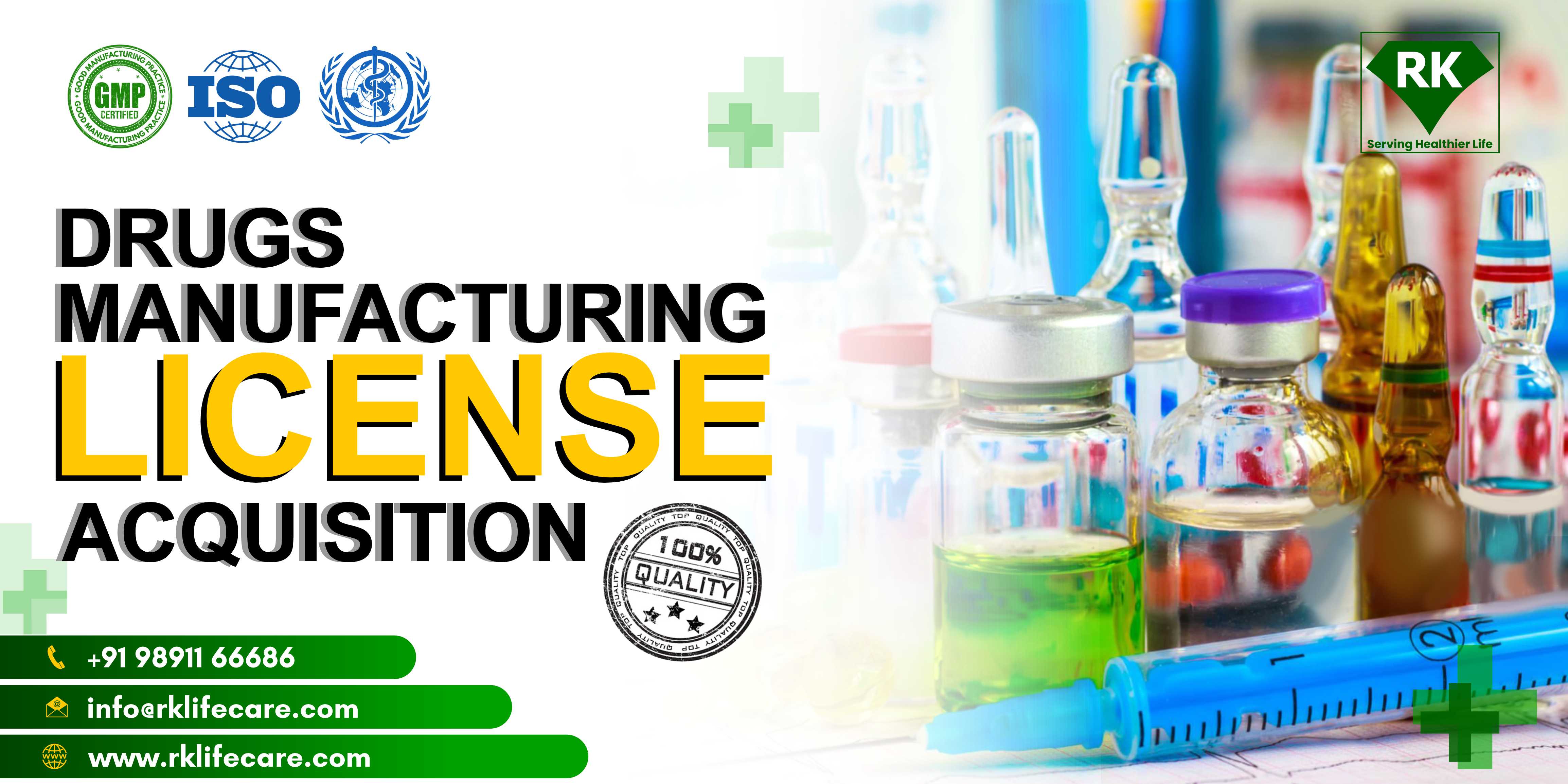
The pharmaceutical industry is highly regulated to ensure the safety, efficacy, and quality of pharmaceutical drugs. Any entity intending to engage in pharmaceutical drug manufacturing must acquire the necessary licenses to comply with legal and regulatory standards. This process varies across jurisdictions but generally involves stringent documentation, inspections, and approvals.
Understanding the Drugs Manufacturing License
A Drugs Manufacturing License is an official authorization granted by regulatory authorities that permits a company to manufacture and sell pharmaceutical drugs. This license ensures that manufacturers adhere to Good Manufacturing Practices (GMP) and other regulatory requirements to maintain high standards of quality and safety.
Steps to Obtain a Drug Manufacturing License
1. Research Regulatory Requirements
Each country has a specified regulatory body that is responsible for overseeing pharmaceutical drug manufacturing. Some of the well-known authorities include:
-
USFDA (United States Food and Drug Administration) – United States
-
EMA (European Medicines Agency) – European Union
-
CDSCO (Central Drugs Standard Control Organization) – India
-
MHRA (Medicines and Healthcare products Regulatory Agency) – United Kingdom
Understanding the local regulations and guidelines is crucial for ensuring compliance and smooth license acquisition.
2. Choose the type of license
There are different types of drug manufacturing licenses depending on the type of pharmaceutical product:
-
Formulation manufacturing license - for manufacturing finished drug products.
-
Bulk drug manufacturing license - for manufacturing active pharmaceutical ingredients (APIs).
-
Loan license - for manufacturing pharmaceutical drugs using another manufacturer's facility.
-
Repackaging license - for repackaging pharmaceutical drugs without altering their composition.
3. Establish a GMP-compliant facility
To qualify for a pharmaceutical drug manufacturing license, a facility must follow good manufacturing practice (GMP). This includes:
-
Maintaining a clean environment.
-
Establishing quality control laboratories.
-
Ensuring proper storage and waste disposal systems.
-
Having trained staff and standard operating procedures.
4. Documentation and Application Submission
Applicants must submit a comprehensive set of documents to the regulatory authority, including:
-
Description and layout of the manufacturing site.
-
List of equipment and machinery.
-
Quality control and assurance protocols.
-
Details of technical personnel (pharmacists, chemists, etc.).
-
Product formulation and pharmaceutical drug information.
-
Environmental clearance and safety compliance.
5. Regulatory Inspections and Approvals
Regulatory bodies conduct inspections to verify compliance with safety, quality, and environmental guidelines. If the facility meets all the required standards, the authority grants a drug manufacturing license.
Compliance and Renewal
Once obtained, a pharmaceutical drug manufacturing license must be maintained through periodic audits and compliance with regulatory updates. Licenses are usually valid for a specified period and require renewal upon expiry.
Role of Pharmaceutical Drug Suppliers
Licensed manufacturers can tie up with pharmaceutical drug suppliers to distribute their products to hospitals, pharmacies, and medical institutions. Proper supply chain management and adherence to distribution regulations are essential to prevent counterfeit drugs from entering the market.
Conclusion
Obtaining a drug manufacturing license is a crucial step for any entity entering the pharmaceutical drug manufacturing industry. By ensuring regulatory compliance, maintaining high-quality production standards and collaborating with reliable pharmaceutical drug suppliers, manufacturers can contribute to the global healthcare sector while maintaining public trust and safety.
For more pharmaceutical drug information and guidance on licensing processes, consulting regulatory experts and legal advisors is highly recommended.

27 Dec 2025
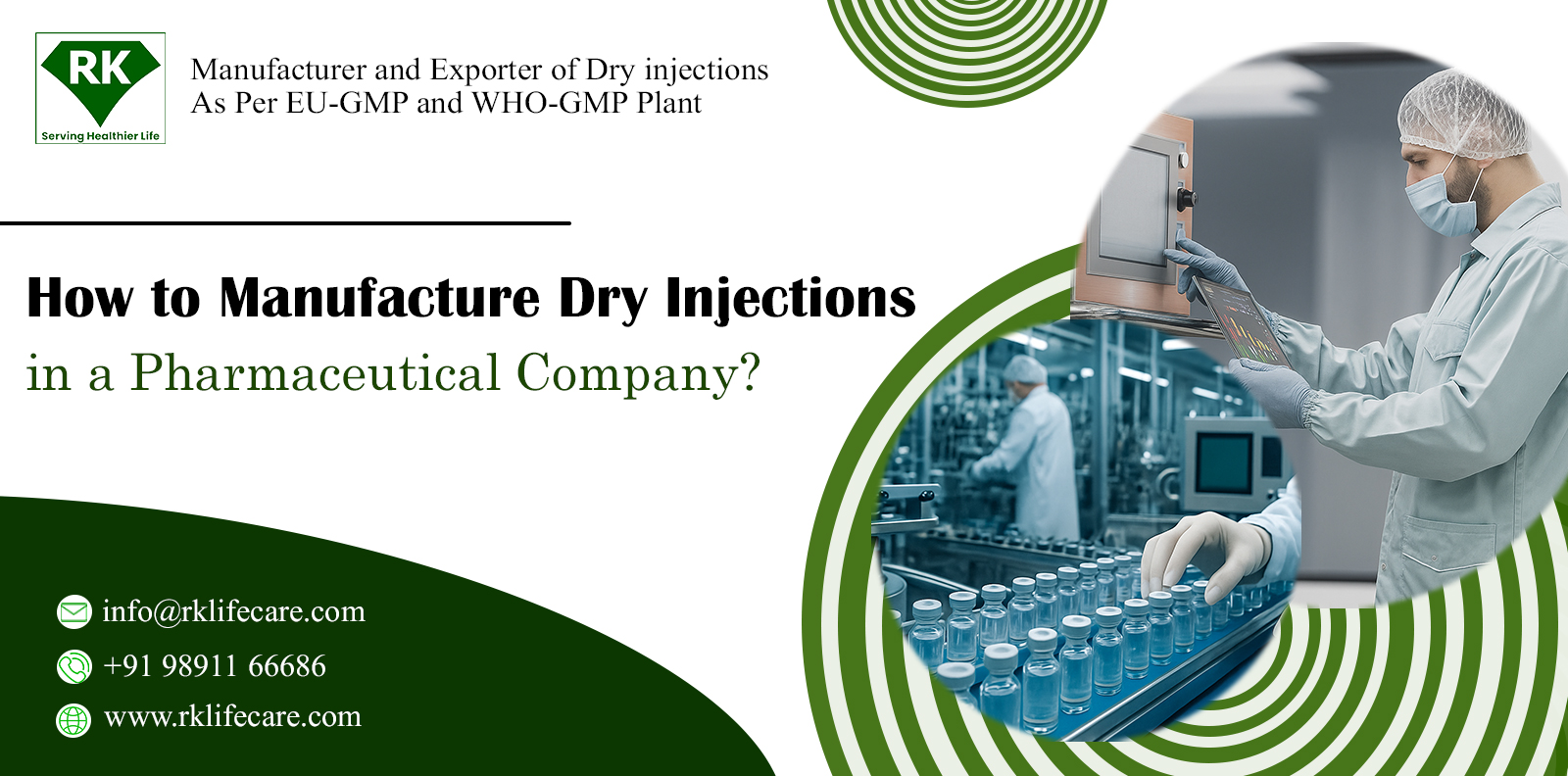
13 Dec 2025
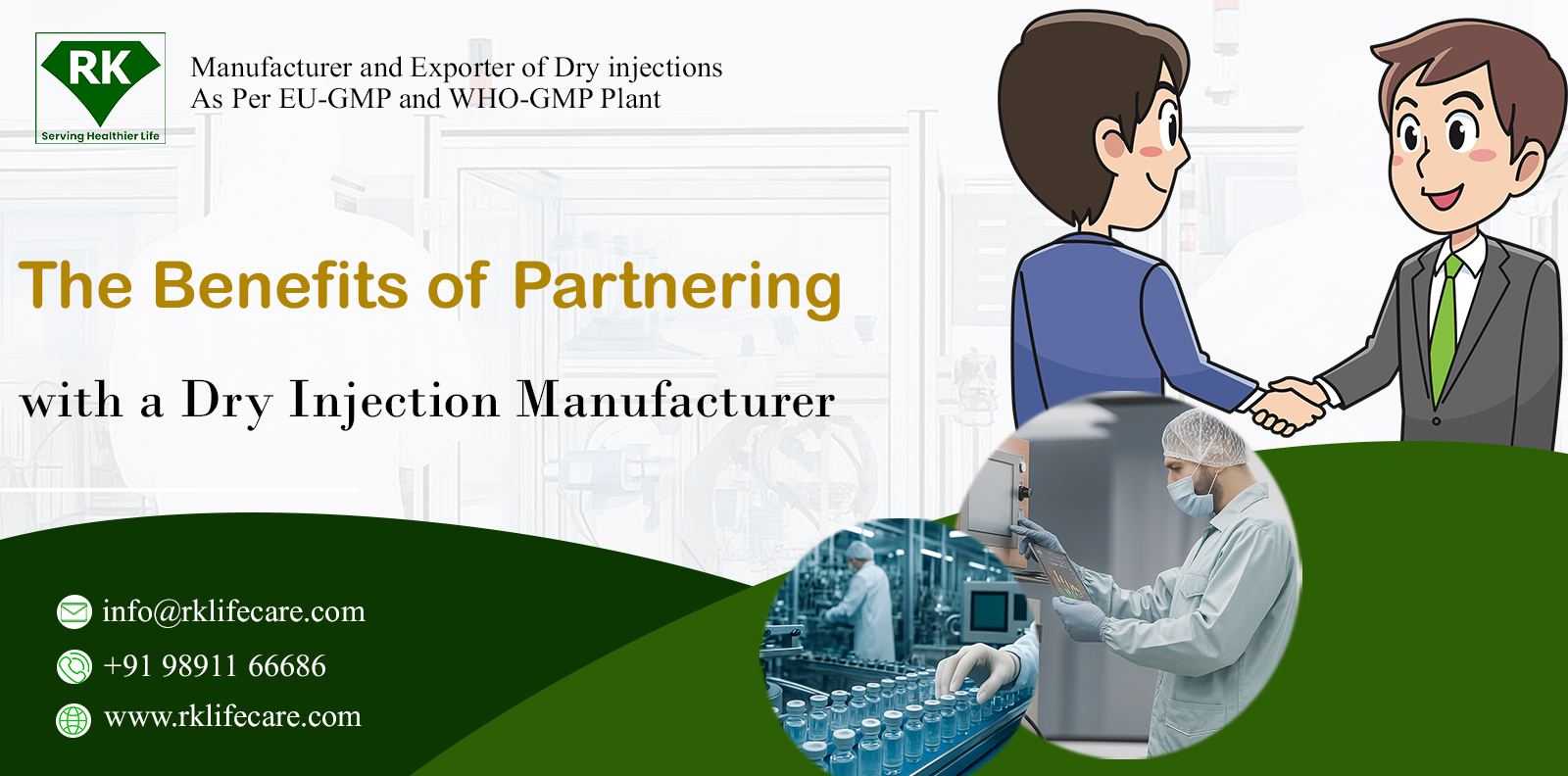
08 Dec 2025
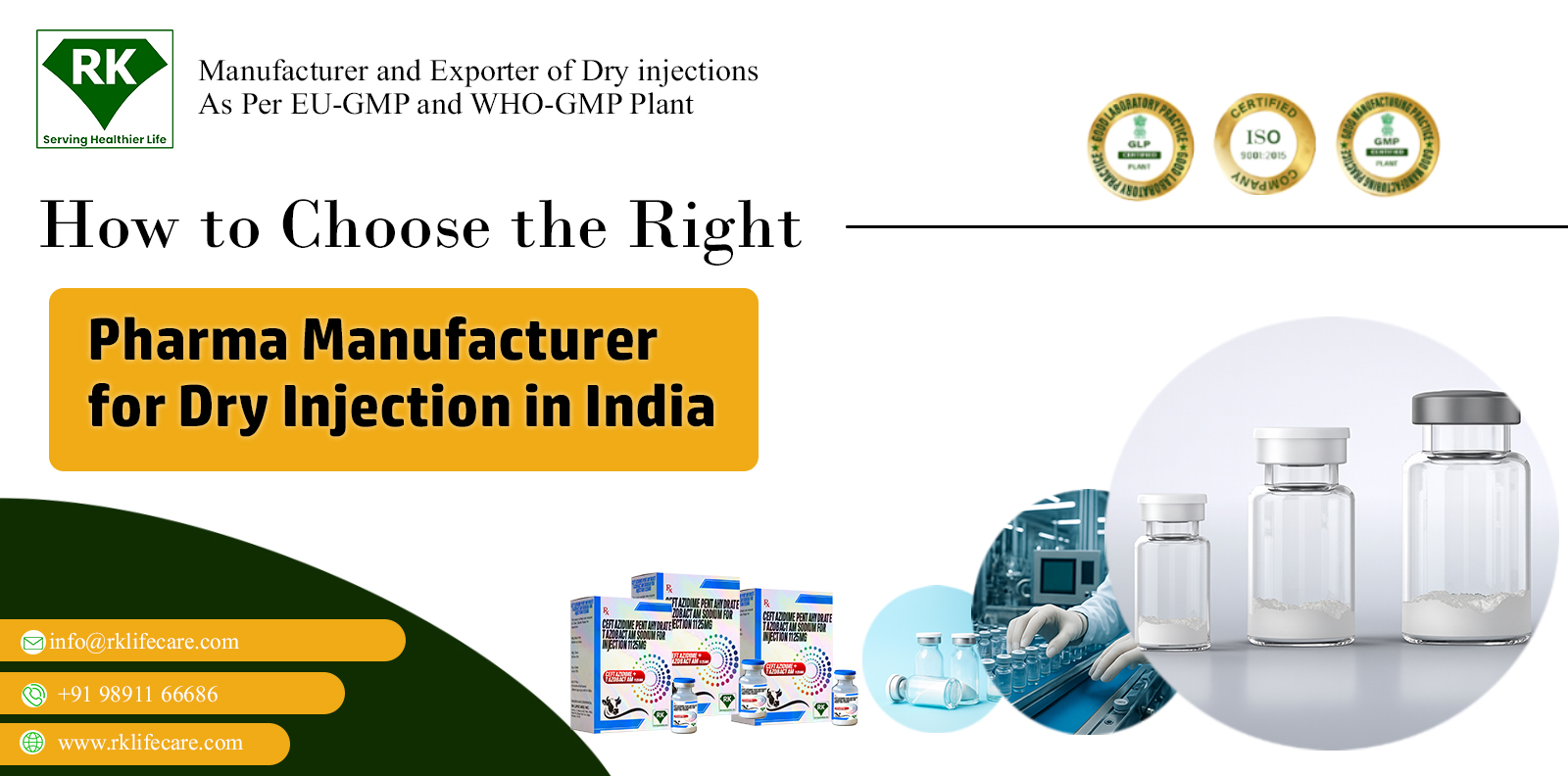
03 Dec 2025
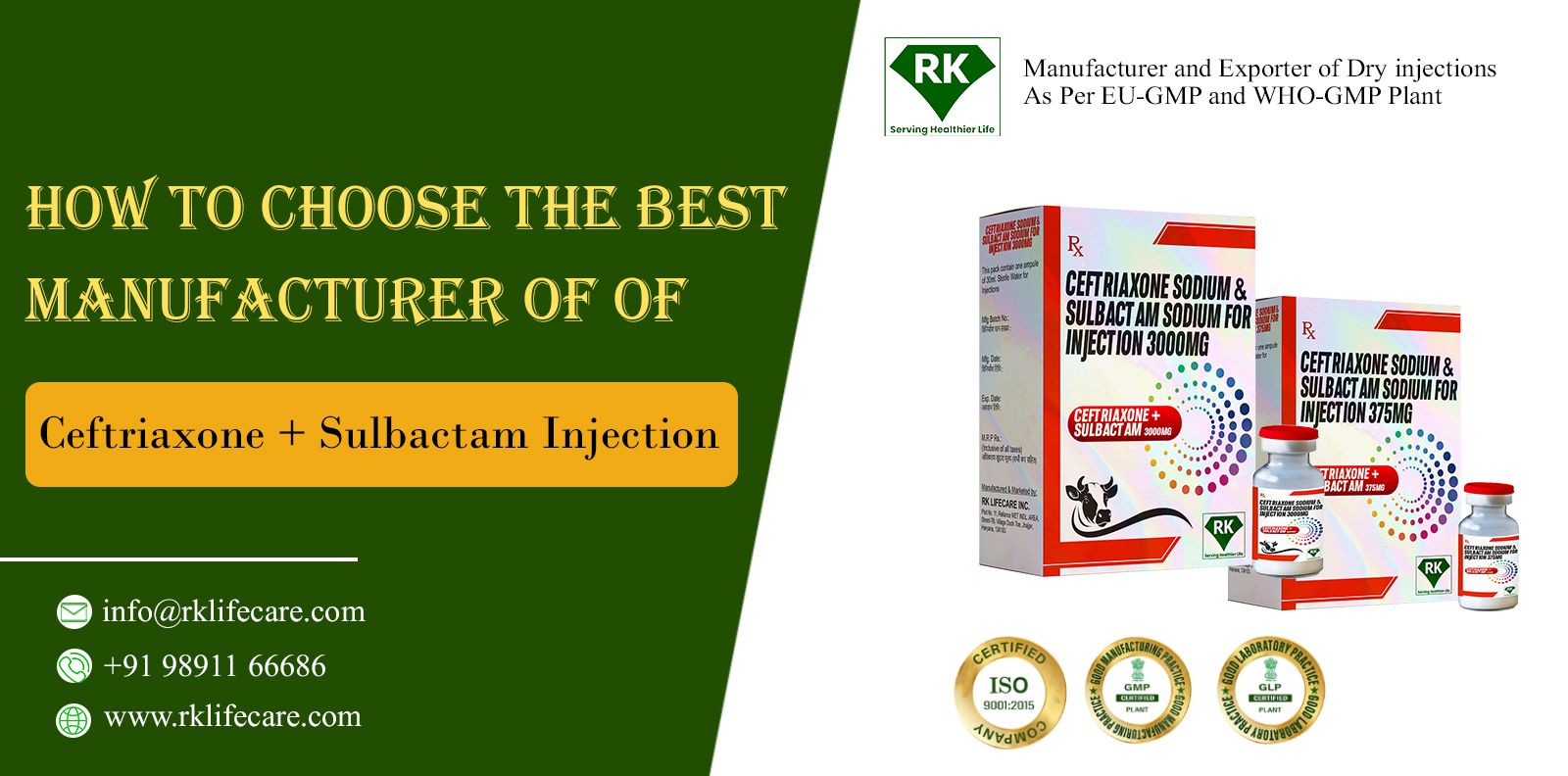
02 Dec 2025